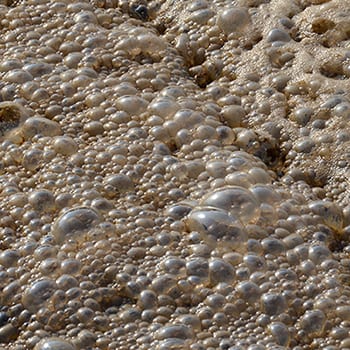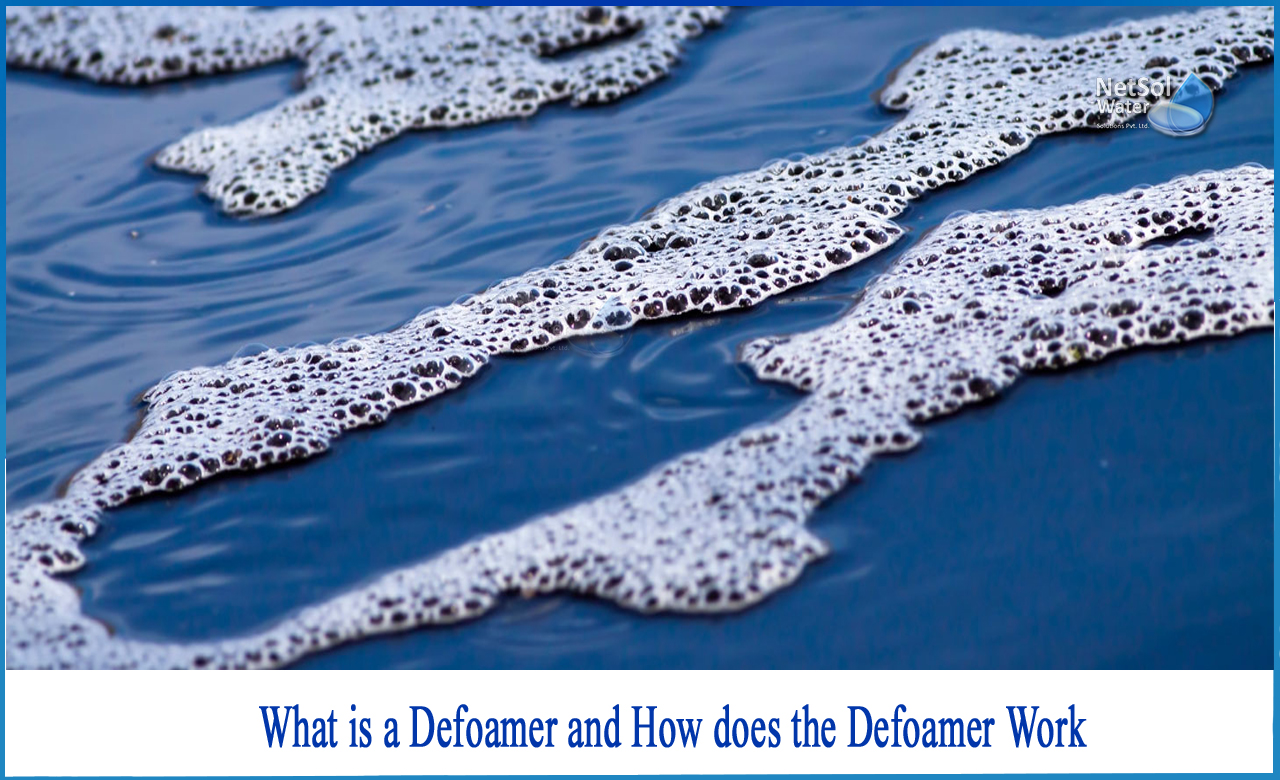The Duty of Defoamers in Enhancing Product High Quality and Efficiency
Defoamers offer as essential ingredients that minimize this problem, making certain smoother manufacturing workflows while boosting the functional and aesthetic attributes of the final products. The choice of the appropriate defoamer can be vital to accomplishing ideal outcomes, increasing essential questions about formulation compatibility and performance metrics that warrant further exploration.
Comprehending Defoamers
Recognizing the role of defoamers is essential for preserving product top quality throughout various markets. Defoamers are chemical additives designed to stop the formation and reduce of foam in liquid systems, which can negatively affect processes such as mixing, filling up, and surface area tension. Frothing can result in ineffectiveness, product flaws, and jeopardized visual appeal, making defoamers a crucial element in making procedures.
In commercial applications, defoamers aid to enhance product consistency and security. The reliable usage of defoamers not only makes sure smoother manufacturing procedures however likewise contributes to exceptional product performance.
Moreover, the selection and solution of a defoamer have to line up with particular application demands, such as compatibility with various other ingredients, efficiency under differing temperature level and pH problems, and prospective regulatory restrictions. Eventually, recognizing defoamers' functions and their importance in numerous solutions is crucial for enhancing manufacturing and making certain the finest end products.
Kinds Of Defoamers
Defoamers can be categorized into several types based upon their make-up and mechanism of activity. The key types include silicone-based, non-silicone organic, and inorganic defoamers.
Silicone-based defoamers are among one of the most efficient, mainly as a result of their capability to spread promptly on the liquid surface area and interfere with foam development. Their unique chemical structure permits remarkable stability, making them suitable for high-temperature applications and settings with varying pH degrees.
Non-silicone organic defoamers, typically made up of natural oils or fats, are valued for their biodegradability and reduced poisoning. These are generally utilized in food and beverage applications where safety and security and environmental influence are vital.
Inorganic defoamers, which include substances like talc or calcium carbonate, act by enhancing the thickness of the fluid, consequently minimizing foam stability. They are usually used in commercial processes where compatibility with other materials is not a worry.
Each kind of defoamer has distinctive advantages and restrictions, enabling customized options depending on the details frothing issues run into in numerous applications. Recognizing these distinctions is crucial for optimizing performance and achieving wanted product quality.
Applications Across Industries
Numerous markets take advantage of defoamers to enhance product quality and functional effectiveness. In the food and beverage market, defoamers are vital in procedures such as developing and dairy production to avoid foam formation, which can result in inefficiencies and product variance. By regulating foam, producers can guarantee better yield and a more consistent item.
In the pharmaceutical market, defoamers play an essential duty in the formula of liquid drugs, where too much foam can hamper mixing and accurate dosing. Their use assists preserve the integrity of the solutions and promotes smoother manufacturing processes.
The paint and coverings sector also relies on defoamers to boost the efficiency of products during application. By decreasing foam, these ingredients ensure a smoother surface and boost the visual qualities of the end product.

Benefits of Using Defoamers
While the application of Get More Info defoamers differs across industries, their benefits regularly improve item quality and procedure efficiency. One considerable advantage is the reduction of foam development throughout making procedures, which can or else bring about production hold-ups and incongruities in item quality. By decreasing foam, defoamers enable a smoother circulation of products, helping with extra effective operations and decreasing the likelihood of equipment malfunctions.
In addition, using defoamers can improve the look and appearance of final items. In sectors such as finishings, paints, and food processing, too much foam can compromise the aesthetic aesthetic appeals and general top quality, while the appropriate defoamer application makes sure a consistent coating and preferable attributes. Defoamers can contribute to set you back financial savings by lowering waste throughout manufacturing and maximizing the use of raw products.

Picking the Right Defoamer
Selecting the best defoamer is crucial for optimizing manufacturing procedures and ensuring product high quality. The choice of defoamer influences not just the performance of foam control yet also the overall performance qualities of the end product. Aspects to take into consideration consist of the sort of application, the chemistry of the solution, and the environmental conditions under which the product will be used.
Different markets may require certain defoamer types, such as silicone-based, organic, or polymeric defoamers. Understanding the compatibility of the defoamer with the primary components is important to prevent damaging reactions that can endanger product stability. Furthermore, the defoamer's efficiency in numerous temperature levels and pH levels should be reviewed to ensure regular performance.
Checking the defoamer in small applications can offer important understandings into its performance and suitability. Factor to consider of regulative conformity, particularly in food, pharmaceuticals, and cosmetics, is vital in picking a defoamer. Eventually, a comprehensive assessment of these elements will certainly cause the selection of a defoamer that site link not just manages foam effectively yet also improves the high quality and efficiency of the end product.
Verdict

In verdict, defoamers are crucial ingredients that substantially enhance item high quality and efficiency across different sectors. The critical choice and application of defoamers lead to cost financial savings, Check This Out optimized source use, and boosted consumer contentment.
Frothing can lead to inefficiencies, item flaws, and jeopardized aesthetic appeal, making defoamers a critical part in producing procedures.
